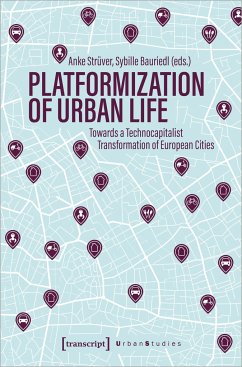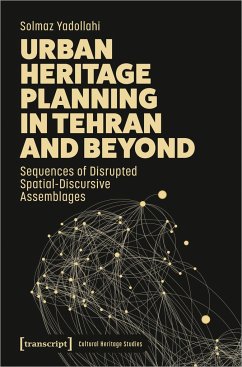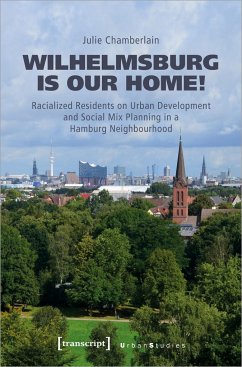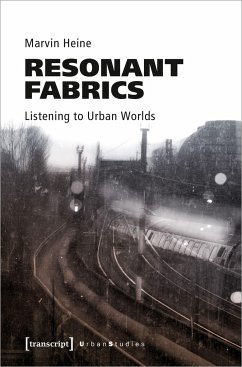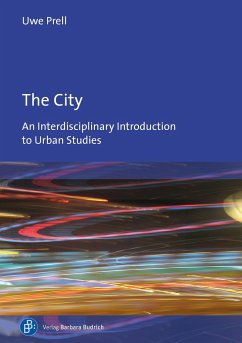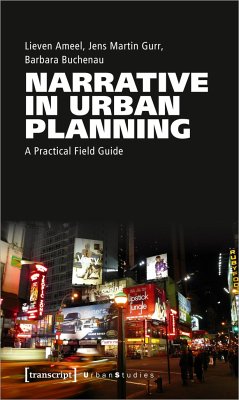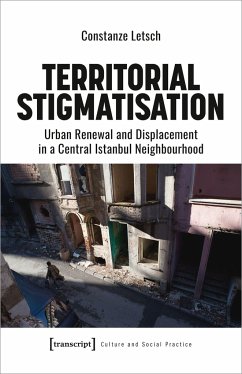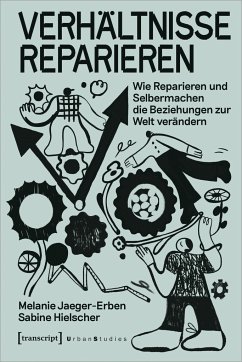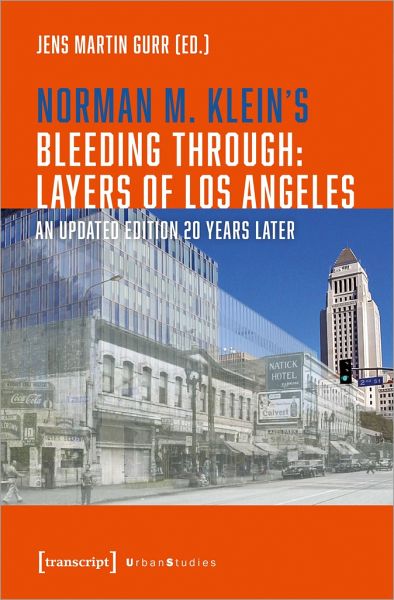
Norman M. Klein's »Bleeding Through: Layers of Los Angeles«
An Updated Edition 20 Years Later
Herausgegeben: Gurr, Jens Martin
Versandkostenfrei!
Versandfertig in 2-4 Wochen
35,00 €
inkl. MwSt.

PAYBACK Punkte
0 °P sammeln!
In 2003, Norman M. Klein's docufable »Bleeding Through« raised questions of urban aesthetics and memory as part of the multimedia documentary »Bleeding Through: Layers of Los Angeles, 1920-1986.« Now, 20 years later, this important text is reissued along with several essays addressing its central themes, such as the aesthetics and politics of urban memory, the development of Los Angeles since the 20th century, the role of urban imaginaries in US politics, or media evolution in the 21st century. The volume also features a long interview with Klein and two docufables from Klein's celebrated ...
In 2003, Norman M. Klein's docufable »Bleeding Through« raised questions of urban aesthetics and memory as part of the multimedia documentary »Bleeding Through: Layers of Los Angeles, 1920-1986.« Now, 20 years later, this important text is reissued along with several essays addressing its central themes, such as the aesthetics and politics of urban memory, the development of Los Angeles since the 20th century, the role of urban imaginaries in US politics, or media evolution in the 21st century. The volume also features a long interview with Klein and two docufables from Klein's celebrated study »The History of Forgetting: Los Angeles and the Erasure of Memory«, one being the kernel of the novella, the other imagining Walter Benjamin in L.A. Finally, the book contains links to two films featuring much of the multimedia material contained in the first edition.
Dieser Artikel kann nur an eine deutsche Lieferadresse ausgeliefert werden.




